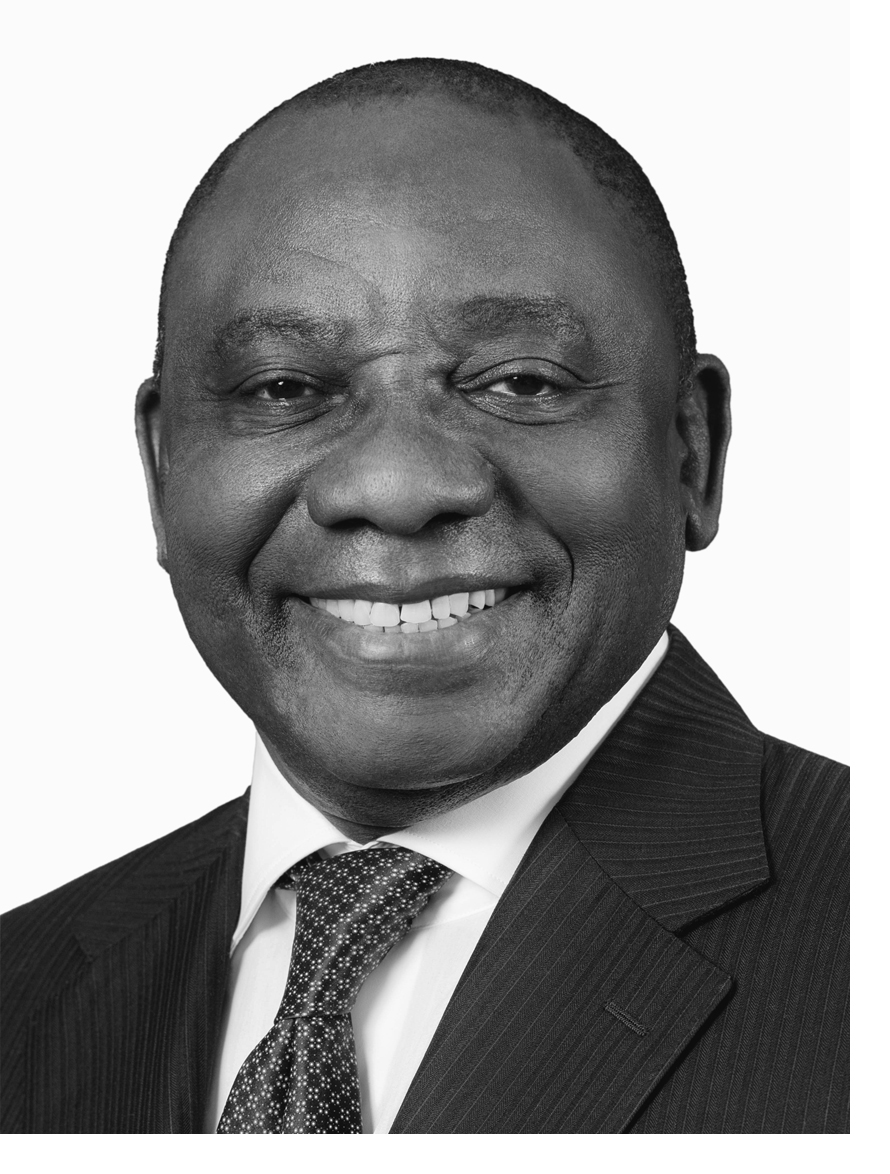Remarks by President Cyril Ramaphosa at the Paris summit on the financing of African economies

I wish to begin by thanking President Macron and the French government for convening this important summit.
This Summit is taking place at a critical juncture when the economies of Africa and indeed the entire world are counting the cost of the COVID-19 pandemic, and considering the measures that are urgently needed for a swift recovery.
The economies of the African continent have been particularly hard hit.
The International Monetary Fund estimates that sub-Saharan African economies will grow at 3.4 per cent in 2021 compared to global growth of 6 per cent.
Although it is expected this growth will be buoyed by the resumption of international trade, higher commodity prices and a resumption of capital inflows, the recovery will be a slow one.
Following two decades of economic reform, the ability of many countries on the continent to implement macroeconomic policies that support a sustainable recovery is now constrained.
To boost the prospects for a strong and sustainable recovery, African governments need to mobilise significant additional external financing, with the assistance of the international community.
Credit rating agencies need to play their role without acting as a deterrent to countries who seek to take advantage of credible and transparent credit relief measures.
The most important task at hand is to protect and save lives.
We therefore need to ensure that everyone has access to the vaccine in an equitable manner.
The World Health Organization’s Access to COVID-19 Tools Accelerator – known as ACT-A – is a key instrument for achieving this goal.
As the co-Chair of the ACT-A, I urge countries to assist in closing the US$ 19 billion financing gap for 2021.
In addition, South Africa supports the following collective measures:
The IMF’s Special Drawing Rights mechanism should be allocated without delay to provide liquidity to the global financial system and to support vulnerable countries.
South Africa and other G20 members have called on the IMF to make a comprehensive proposal for a new SDR general allocation of USD 650 billion to meet longterm global need to supplement reserve assets.
We are of the view that the IMF must explore options for members to channel SDRs on a voluntary basis to the benefit of vulnerable low and middle income countries. This should be done in parallel with the general allocation and as soon as possible.
We furthermore support an ambitious replenishment process of the International Development Association – or IDA-20 – as well as increased levels of official development aid.
We strongly believe that alternative development financing mechanisms should not be a substitute for official development aid.
In this regard we welcome the pipeline of 30 projects amounting to approximately US$2 billion for the African continent being prepared under vaccines programme of the World Bank.
I thank you.




